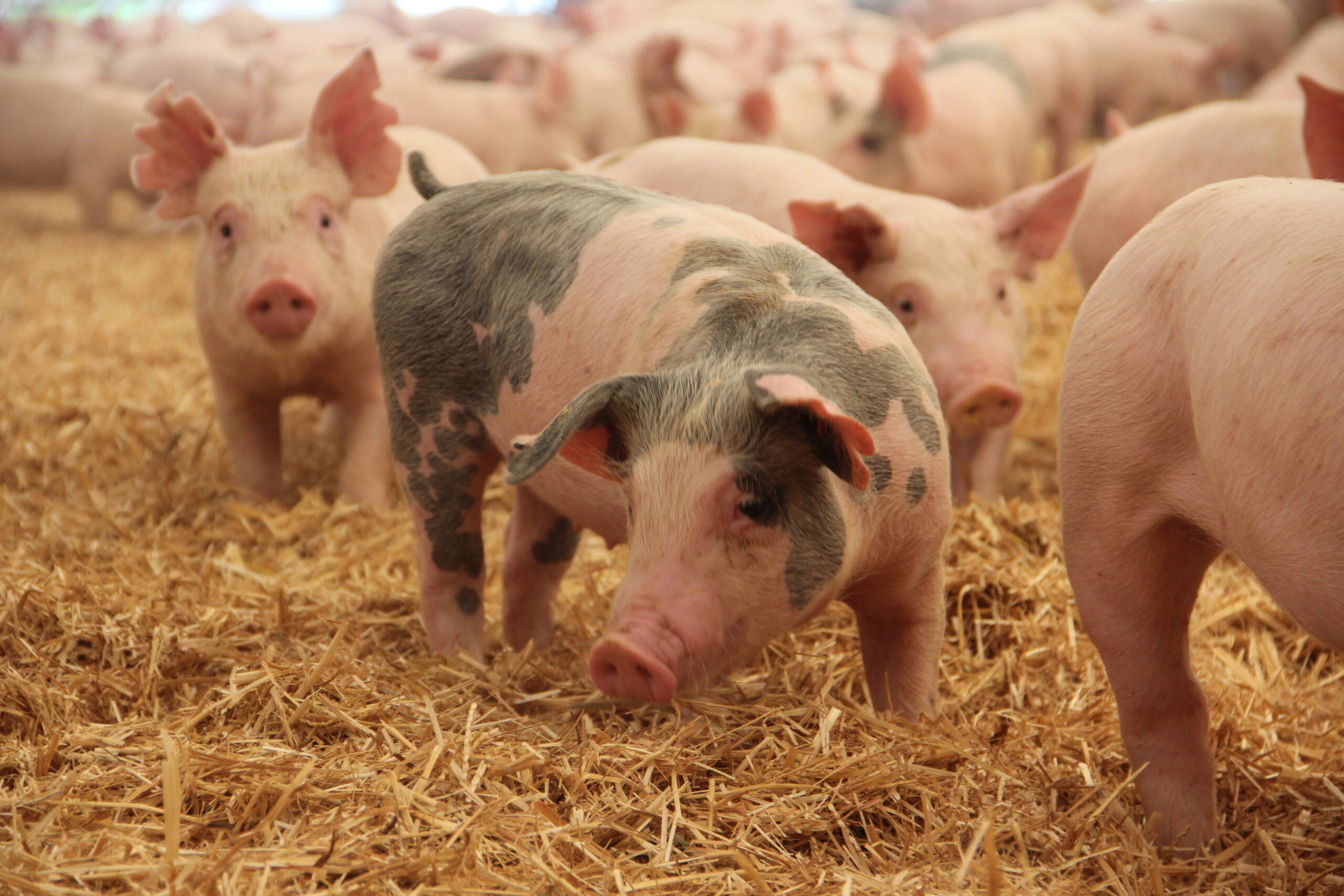Pick a Pig at Terra Linda Farms based in Riverdale, California.
By Yennifer Ho, Staff Reporter
California Proposition 12, also known as the “Bacon Law”, establishes minimum space requirements based on square feet for calves raised for veal, breeding pigs, and egg-laying hens and bans the sale of veal, pigs, and eggs that are not occupied in the minimum space requirements.
It was supposed to begin taking effect at the beginning of this year, but on January 21, 2022, Sacramento County Superior Court decided to delay its enforcement until about six months after the state enacted final regulations.
This measure was approved back in November 2018, with 63.8% of the votes being yes, while the other 37.34% of the votes being no.
Meat eaters are significantly affected by this proposition because they are the main consumers.
Additionally, there might be a shortage of meat in the markets if farmers are unable to comply with the law.
Second-year CSUDH student, Hayden Werre, states meat, steak specifically, is one of his top comfort foods and that it represents a sense of familiarity to him.
Although there is a high chance of his favorite meats inflating again, he ultimately supports animal rights.
Notably, he points out that the regulations will negatively affect lower-income individuals more because they will have a difficult time trying to stay within their budget with the new prices.
California Proposition 12 is considered a big step towards the right direction for animal rights and its significance is highlighted by organizations such as The Humane League and The Animal Legal Defense Fund.
“With your help, we fight the big fights, working to end all forms of animal cruelty and achieve the vision behind our name: a humane society,” the Humane League declares.
UCI graduate, Alan Nguyen, emphasizes his support for Proposition 12 and remembers most likely voting yes for it back in 2018.
“The way I see it, the point of the proposition is just to treat the animals fairly and that the cost is worth it,” he said.
Ever since being approved, there have been a variety of lawsuits and outcries.
For instance, the North American Meat Institute, filed a lawsuit against Proposition 12, declaring it as unconstitutional for many reasons including violating “ the commerce clause by directly regulating interstate and foreign commerce”.
Livestock farmers are also concerned about not being able to comply with the new laws because of how much it is going to cost them.
Meanwhile, prices of food along with other necessities are already high and this new law will cause them to further increase, causing anxiety in a wide range of consumers from college students to restaurant owners.
However, the federal courts have dismissed all cases against California Proposition 12; it is here to stay.
Fortunately, with the enforcement delays, there will be more time for citizens to enjoy their expansive meat selection until the final framework is imposed.
There is no set of ground rules of how the enforcement will unfold as of now.
To stay informed on Proposition 12, visit the California Department of Food and Agriculture website.

